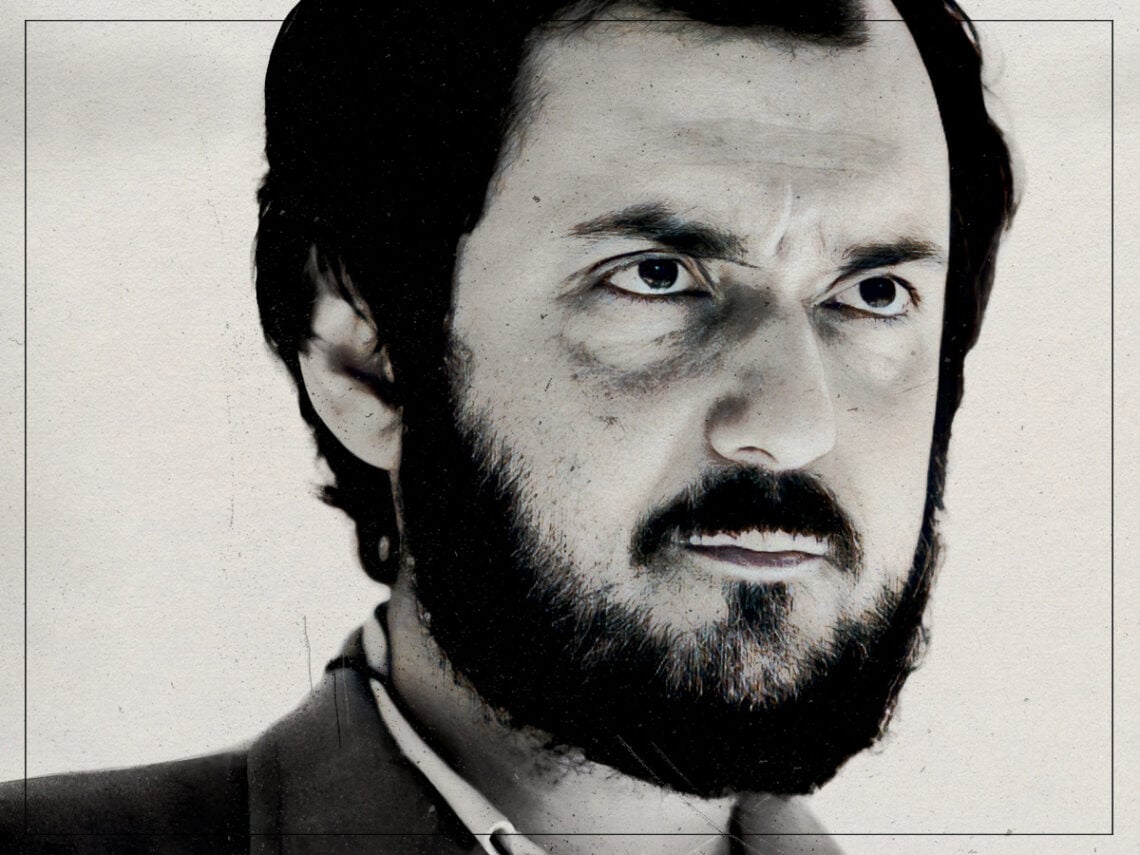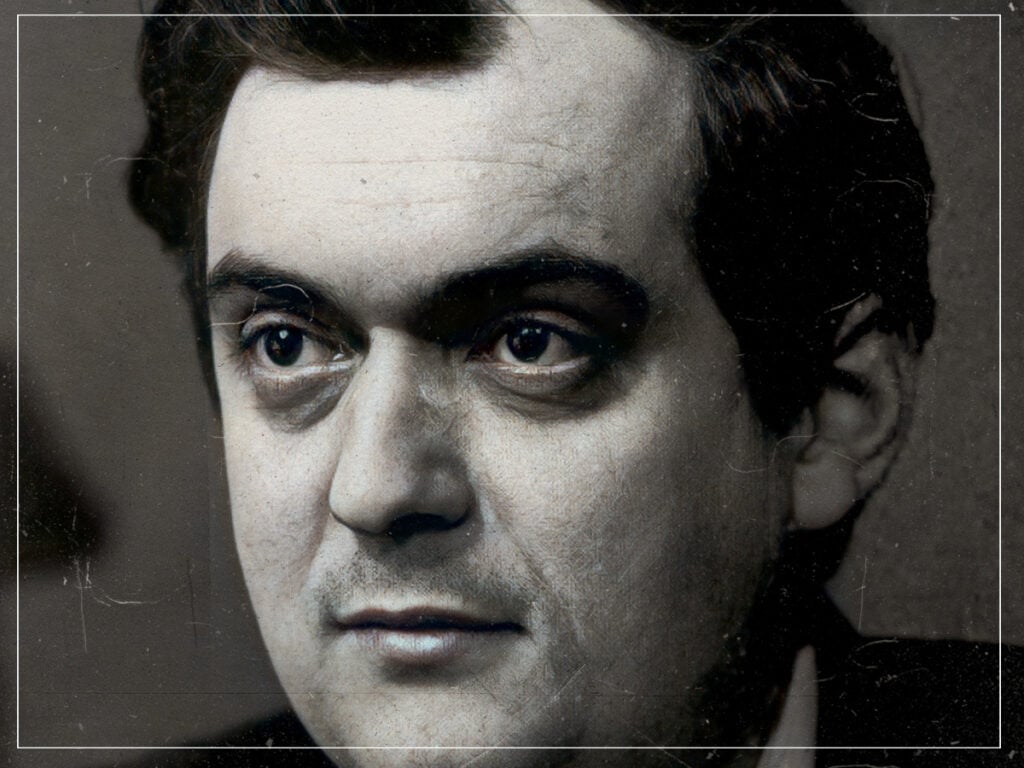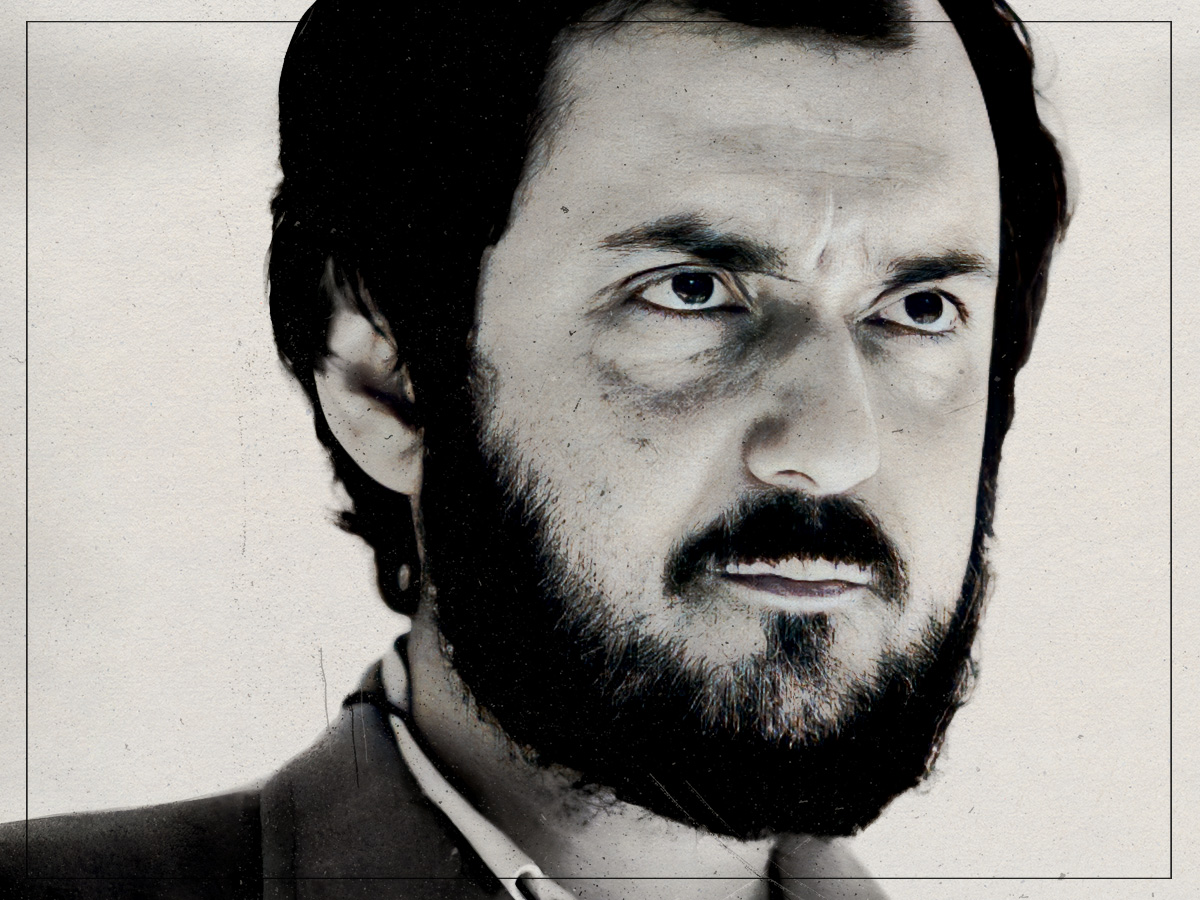
(Credits: Far Out / Alamy)
Sun 19 October 2025 20:34, UK
While the later works of Stanley Kubrick often take the limelight, such as his films 2001: A Space Odyssey, A Clockwork Orange, The Shining and Eyes Wide Shut, we should not forget about the first half of his career as a filmmaker that resulted in projects such as the anti-war film Paths of Glory and the historical epic Spartacus.
During the first ten years of his directing career, from 1952’s Fear and Desire, Kubrick took charge of six movies, culminating in the release of 1962’s Lolita. Kubrick became well known for adapting novels and short stories as a filmmaker, and his comedy-drama was no different, being a direct adaptation of Vladimir Nabokov’s 1955 novel of the same name.
Nabokov himself had also written the screenplay for Kubrick, so there ought to have been no excuses for its likeness to the original novel. Narratively, Lolita tells of a middle-aged literature lecturer, Humbert Humbert, who finds himself sexually intoxicated with a young, underage girl called Dolores Haze, whom Humbert affectionately nicknames the titular ‘Lolita’.
The novel itself caused great controversy upon its publication in 1955, owing to the fact that it was dealing with the truly taboo subject of sexual abuse and sexual infatuation of a minor. Still, that confrontation of the forbidden and the fact that it was so beautifully written were what made Lolita such an excellent novel.
Kubrick’s film followed Nabokov’s novel in terms of his controversial infamy, and critics were split on how to assess it. The most interesting facet of information about the film, though, is the fact that Kubrick actually felt regret at not being able to make the film more erotic in tone.
 (Credits: Far Out / Stanley Kubrick)
(Credits: Far Out / Stanley Kubrick)
Restrictions by the Motion Picture Production Code prevented Kubrick from adequately portraying the sexual advances of Humbert on Lolita, which led to the audience having to fill in the gaps themselves. The Code also meant that Kubrick had to film outside of America, but his insistence on actually releasing Lolita in his native country meant that he had to adhere to the Hays restrictions.
For the most part, audiences, especially in today’s world, would be glad of such restrictions. The very essence of Lolita is a truly uncomfortable read, let alone movie. But the restrictions frustrated Kubrick who wanted to be more faithful to the novel which had inspired his film.
Kubrick once explained that had he known he would not be able to make Lolita as he wished, he might not have bothered with the project at all. The iconic director told Joseph Glemis (via Scraps from the Loft), “I would fault myself in one area of the film, however; because of all the pressure over the Production Code and the Catholic Legion of Decency at the time, I believe I didn’t sufficiently dramatize the erotic aspect of Humbert’s relationship with Lolita, and because his sexual obsession was only barely hinted at, many people guessed too quickly that Humbert was in love with Lolita.”
He added, “Whereas in the novel this comes as a discovery at the end, when she is no longer a nymphet but a dowdy, pregnant suburban housewife; and it’s this encounter, and his sudden realization of his love, that is one of the most poignant elements of the story. If I could do the film over again, I would have stressed the erotic component of their relationship with the same weight Nabokov did. But that is the only major area where I believe the film is susceptible to valid criticism.”
It wouldn’t be the only time Kubrick would take a novel into his own hands and change it. His version of The Shining would get a lot of acclaim from critics, especially in later years, but when it first arrived, it was derided, too. Especially by the novel’s creator, Stephen King, who felt Kubrick had ripped the heart out of the story by turning its protagonist into an evil monster. But Kubrick didn’t relent in his pursuit of a good movie.
So while these comments that Kubrick certainly wanted Lolita to be more erotic in tone might appear as shocking to a contemporary readership as the original novel did to that in the 1950s and 1960s, it should be pointed out that that very eroticism is essential to the telling of the tale itself.
Nabokov’s eroticism in his novel gives reason to Humbert’s infatuation with young Dolores; it is wholly sexual. However, by having to remove the sexual elements from the film adaptation, audiences are led to believe that Humbert is merely in love with his ‘Lolita’ rather than being what we simply cannot deny is a pervert. So Kubrick’s regret at Lolita not being erotic enough is entirely understandable, if uncomfortable.
Related Topics

